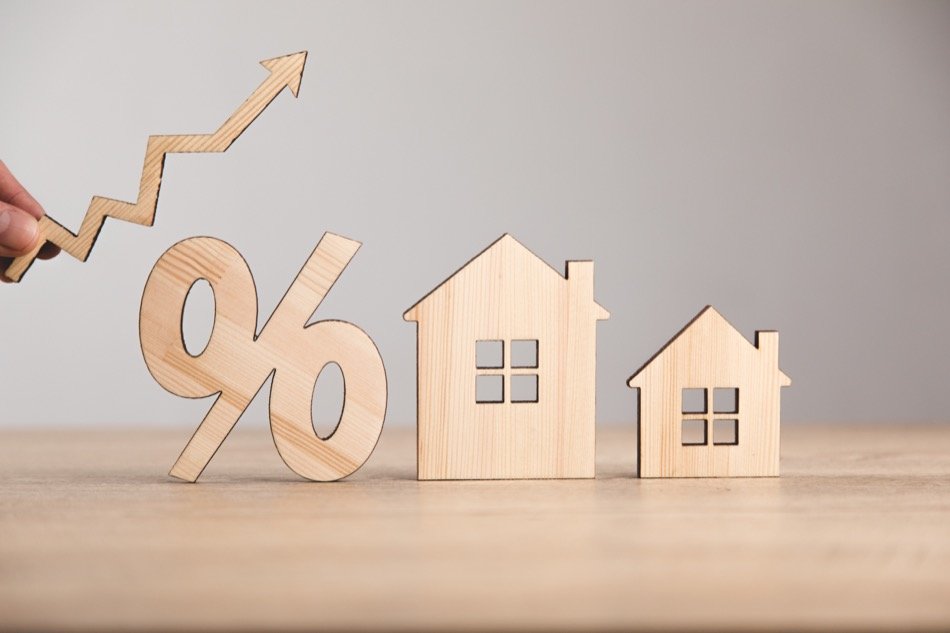Will Mortgage Rates in Alberta Rise Soon?
Posted by EdmontonRealEstate .ca on Tuesday, July 20th, 2021 at 2:23pm.

As Alberta's economy recovers from a disastrous year, economic projections from Alberta's government are pointing towards a rebound in 2021. Oil prices are up, unemployment is down, and real GDP growth is well into the positive again. But what will happen to mortgage rates in Alberta?
Many Albertan homeowners have been bracing for mortgage rate increases amid rumblings from the Bank of Canada about future hikes. Yet, current Alberta mortgage rates are still at record-low levels. A large concern looming over the minds of many is ever-increasing levels of inflation. Consumers have certainly noticed price increases for groceries, while others who have been accustomed to certain low prices see a rebound in the economy, resulting in a rebound in prices.
Alberta's gas prices are expected to break all-time highs in July 2021, with some areas of Alberta seeing prices for gas at $1.40 per litre. In Calgary and Edmonton, current gas prices of $1.30 per litre are a far cry from less than $1.00 per litre last year. The Bank of Canada expects inflation to remain above 3% for the rest of 2021. This high level of inflation is above their mid-target of 2%, although the Bank of Canada also says that this higher-than-normal level of inflation is caused by temporary factors.
How Will These Factors Affect Inflation & Prices?
Whether these temporary factors are actually temporary or will remain permanent will lead to interest rates and inflation in Canada. Almost half of inflation growth in 2021 is estimated to be due to supply constraints that have pushed up prices, such as product shortages and shipping delays. Meanwhile, energy prices contributed to a significant proportion of inflation in early 2021 as energy prices climbed out of 2020's low levels.
The Bank of Canada doesn't expect to raise their policy interest rate target until 2023, which is also when they predict temporary influences on inflation to subside. During this period to 2023, the Bank of Canada sees more avenues for inflation to fall than to rise. A resumption in infections and restrictions, weak Canadian exports, and a slowing housing market are all seen as factors that could slow down inflation. Ways for inflation to increase are through higher consumer spending and investments and higher commodity prices.
Will Interest Rates Go Up?
The timing of this all means it's not certain where rates will go in the next year and a half. Rates will rise in 2023, but rates might not significantly rise in 2021. The amount of any potential increases in mortgage rates is up in the air, but the direction is firmly set. The Governor of the Bank of Canada stated in July 2021 that the Bank of Canada would not be decreasing its policy rate in 2021, but it did decrease its growth forecast for 2021. This signals at least short-term uncertainty for interest rates in the near term.
Through the Bank of Canada's quantitative easing program, monetary stimulus has also been slowly being reduced. The bank's balance sheet of assets was reduced from close to $600 billion at the start of 2021 to just under $500 billion six months later. Slowing purchasing of government bonds can reduce the dampening effect that the Bank of Canada had on bond yields, which has lowered fixed mortgage rates.
The Future of Mortgages in Alberta
The best answer to the future of Alberta mortgage rates is that it has hit rock-bottom levels and can only go up from here. The Bank of Canada's policy rate will significantly impact variable mortgage rates, while continued reductions of government bond purchases may cause fixed mortgage rates to increase gradually.
Higher average prices in Alberta's housing market mean that mortgage rates will greatly impact many homeowners. For those currently with a variable mortgage rate, locking in a fixed mortgage rate might be a good idea if their mortgage term is up for renewal in the next year. However, enticingly low variable mortgage rates also mean that homeowners might decide to gamble on how long these rates will remain low.
Alberta variable mortgage rates of under 1.3% as of July 2021 mean that there's room for interest rates to rise before they surpass current fixed mortgage rates. If the Bank of Canada decides to drag its feet and allow higher inflation levels by not reducing its policy rate sooner, then variable mortgages can be seen as an attractive risk to take.
For informational purposes only. Always consult with a licensed mortgage or home loan professional before proceeding with any real estate transaction.

